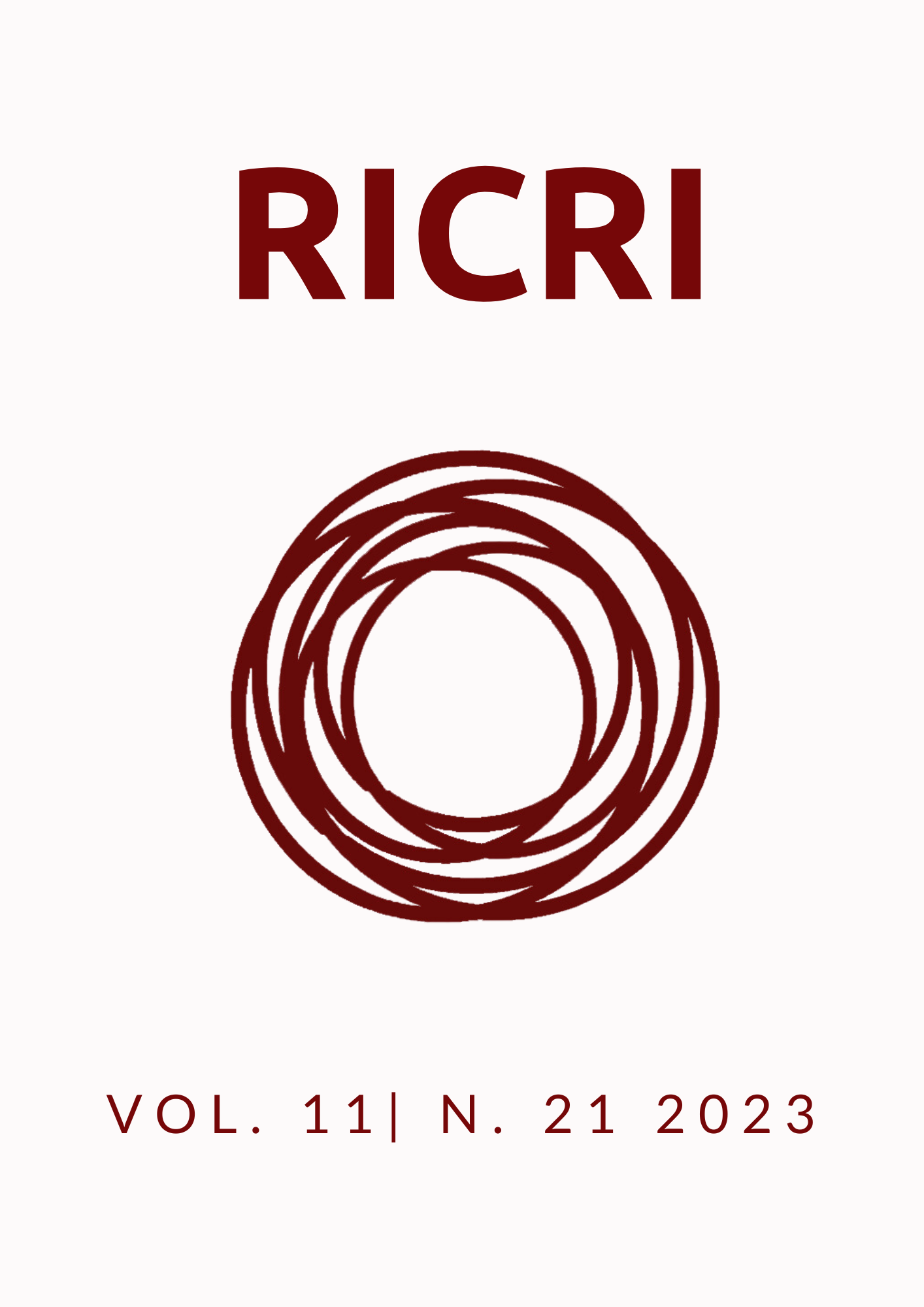O neopentecostalismo no Brasil e a convergência com a ultradireita no populismo reacionário de Jair Bolsonaro
DOI:
https://doi.org/10.22478/ufpb.2318-9452.2023v11n21.66917Abstract
This article explores the influence of neo-Pentecostalism in the Brazilian political sphere, focusing on the points of contact established between Jair Bolsonaro's reactionary populism and religious conservatism. The article argues that neo-Pentecostalism provided a theological and ideological basis for the construction of Bolsonaro's reactionary populism, based on the legitimation of a radical conception of citizenship based on religiosity. The article demonstrates that neo-Pentecostalism has become an influential force in Brazilian politics, helping to connect the Bolsonaro government to the far right, which raises important questions about the role of religion in politics and the challenges of balancing religious freedom and secular principles of democracy. in a populist, authoritarian and reactionary government.
Keywords: Bolsonaro, Neopentecostalism, Far-right, Populism.
Downloads
Published
How to Cite
Issue
Section
License
Copyright (c) 2023 Journal of Scientific Initiation on International Relations

This work is licensed under a Creative Commons Attribution-NonCommercial 4.0 International License.
Authors who publish with this journal agree to the following terms:
a. Authors retain copyright and grant the journal right of first publication with the work simultaneously licensed under a Creative Commons Attribution License that allows for sharing of work with acknowledgment of its initial publication in this journal.
b. Authors are able to take on additional contracts separately for non-exclusive distribution of the version of the work published in this journal (e.g., post it to an institutional repository or as a book), with an acknowledgment of its initial publication in this journal.
c. Authors are permitted and encouraged to post their work online ( eg, in institutional repositories or on their website) at any point before or during the submission process, as it can lead to productive exchanges , as well as increase the impact and citation of published work ( See the Effect of Open Access).




